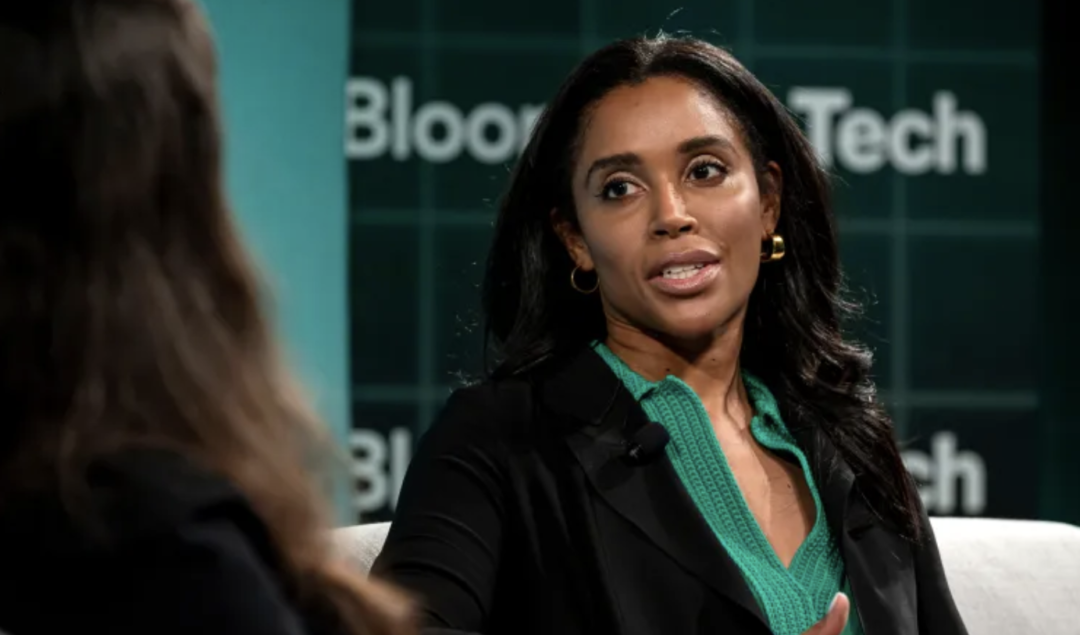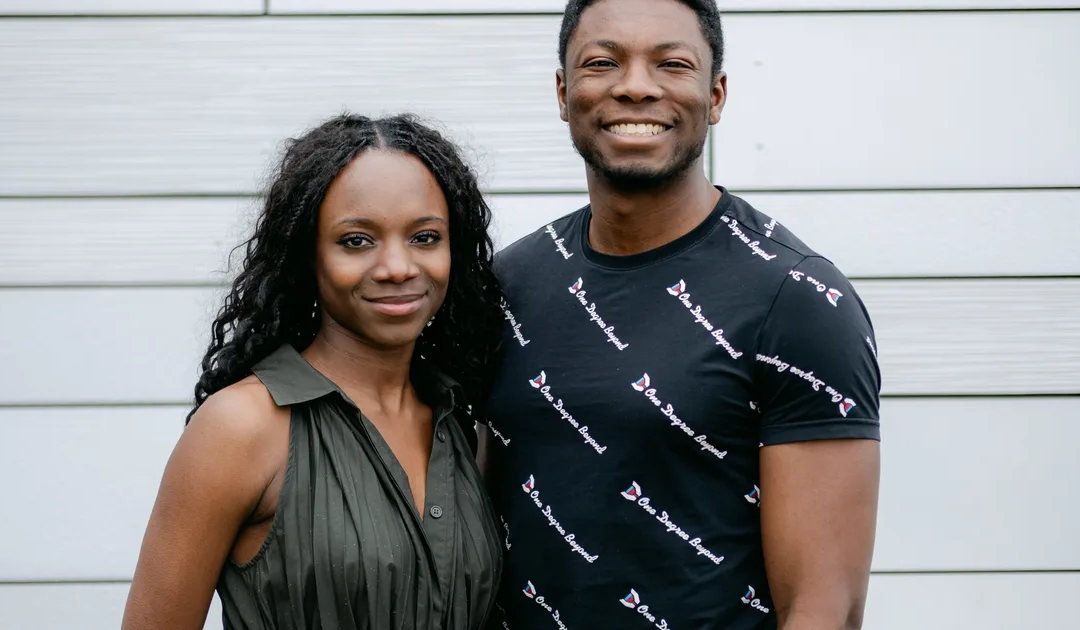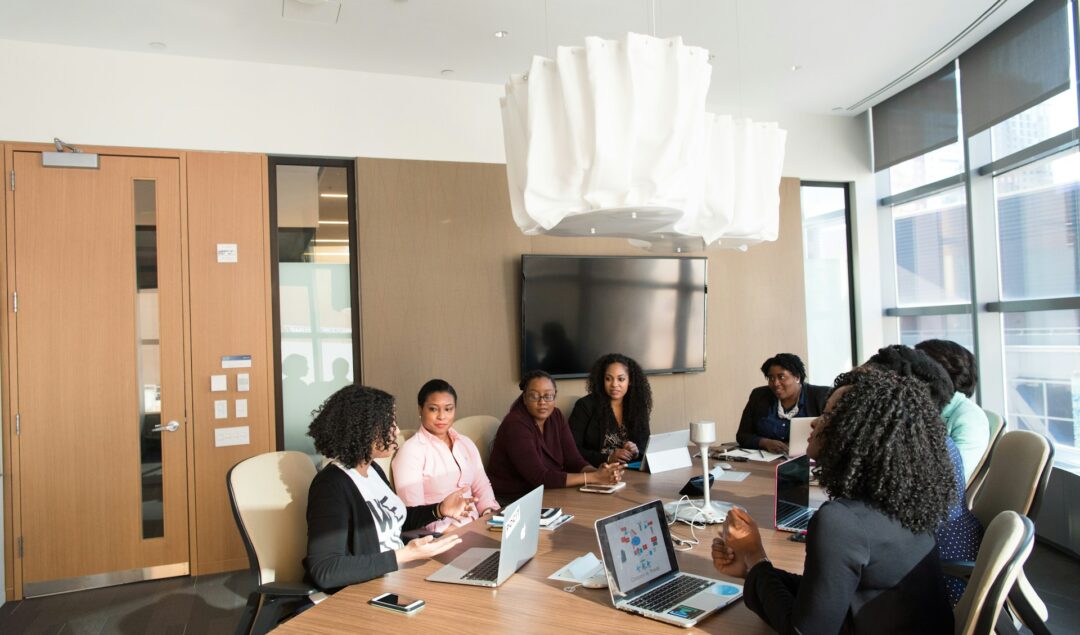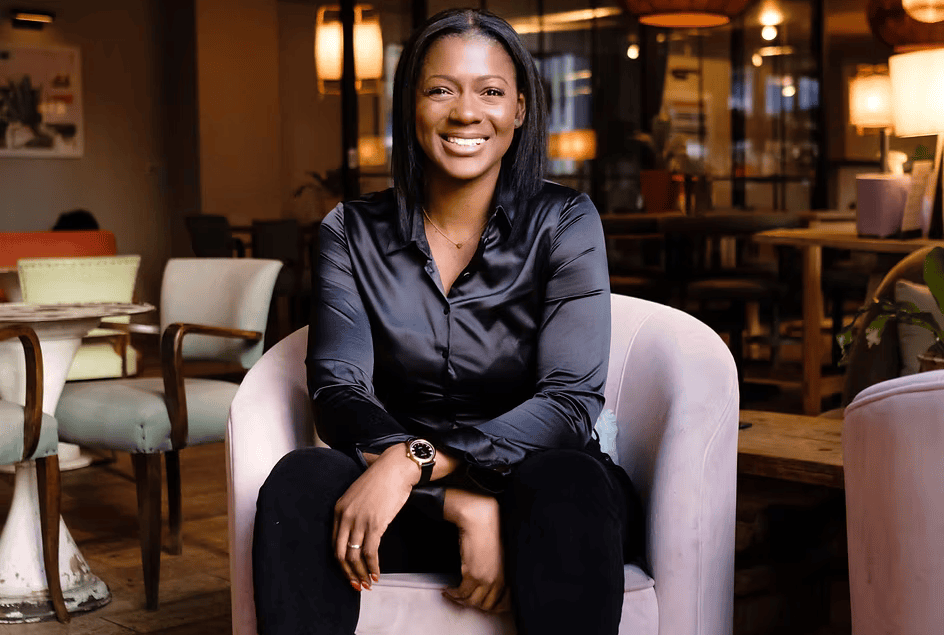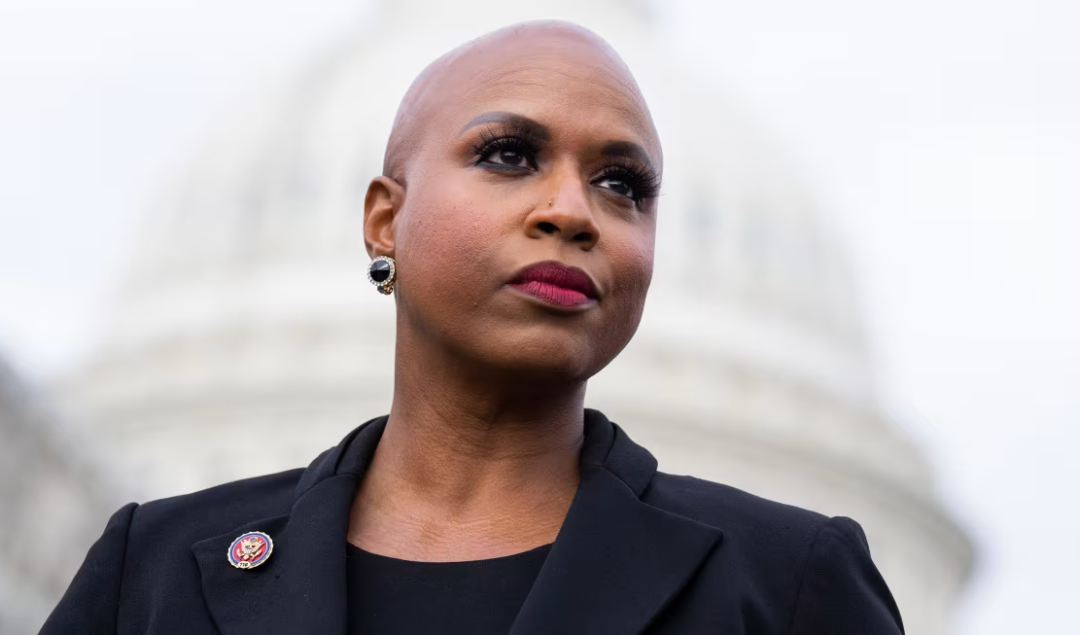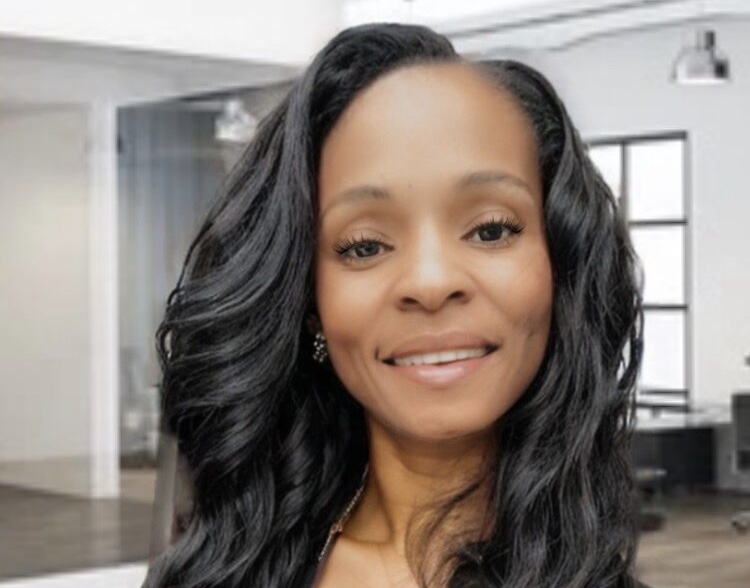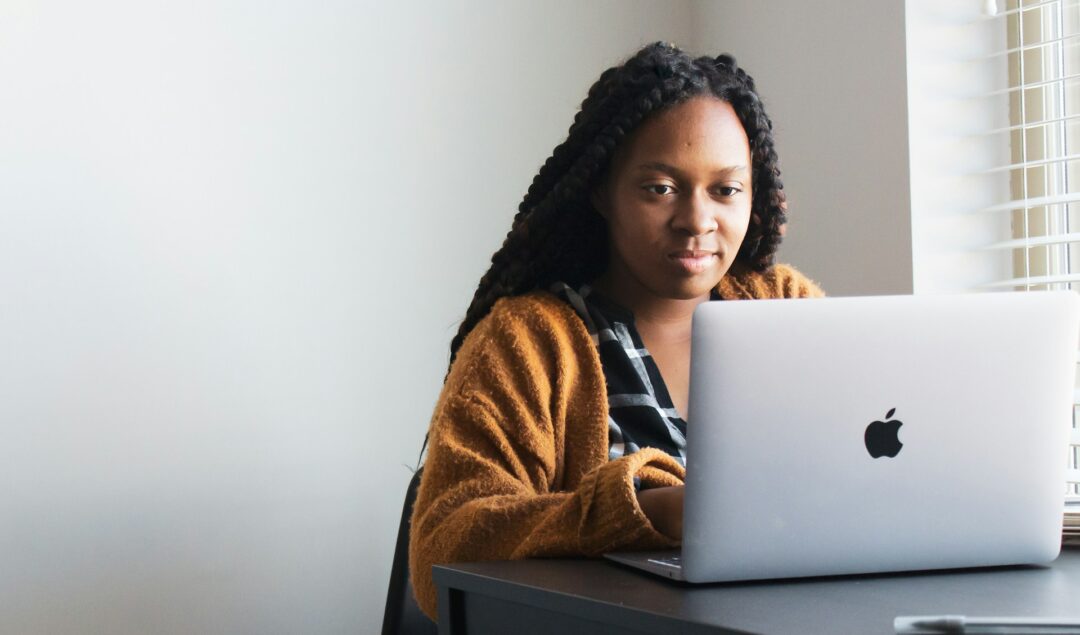Makeup artist label Pat McGrath Labs has secured a $30 million financing package from the financial firm GDA Luma, according to Business of Fashion. The company filed for bankruptcy in a Miami court earlier this year to restructure its debts. The debt came from a loan obtained in April 2025 from GDA, according to the filings. The package was approved by a Miami, Florida bankruptcy court, which approved $10 million in new debtor-in-possession financing for the makeup brand, plus an additional $20 million in post-emergence working capital, according to a
Sarah Bond, the first Black female president of Xbox, has stepped down. Bond was promoted to Xbos president in October 2023, shortly after Microsoft closed its $68.7 billion deal to acquire Activision Blizzard, according to The Verge. “Over the past four years, we’ve navigated that moment together and positioned the business for what comes next. We took on some of the biggest challenges this organization has ever faced and did it as one team,” Bond wrote in a LinkedIn post. About Sarah Bond Bond became the first Black woman to serve
Trying to get your foot in the door in the corporate world as a Black woman isn’t easy. This becomes way more difficult when you’re also disabled. In 2023, the employment rate for people with disabilities in the US reached just 22.5%, and the numbers are even lower in tech. A global AWS community survey found that only 11% of respondents identified as having a disability or neurodiversity. Additionally, the unemployment rate for disabled people is reportedly twice as high as that of the general population, even though companies that are inclusive
A hair-braiding robot designed to cut styling time in half has won the President’s Innovation Challenge, a startup competition organized by Harvard Innovation Labs competition. Created by Harvard Business School alumni Yinka Ogunbiyi and David Afolabi, the Halo Braid robot aims to make the centuries-old art of braiding faster, more efficient, and more affordable for both stylists and clients. The 2025 President’s Innovation Challenge Hosted at Harvard, the the President’s Innovation Challenge invites students and alumni from its 13 schools to showcase groundbreaking ideas with the potential to transform industries.
Black women only make up 0.7% of the UK’s technology workforce, according to the Tech Talent Charter Diversity in Tech Report 2023. With statistics being that low, it’s hard for Black women to believe that they can make space in an industry where they are often not seen. Nevertheless, Black women in tech do exist, and many of them are thriving. At this year’s Black Tech Fest, a panel discussion explored the structural barriers that prevent Black women from joining the industry. The panel titled “The Silent Code No More: Black Women
Sisters Dr. Jacqueline Philips and Lorraine Phillips have launched Melanin Doctor, the first Black-owned telehealth service dedicated exclusively to Black women. Inspired by their mother’s struggle with diabetes and her life-changing results with GLP-1 medications, the sisters, who are both doctors, created the platform to expand access and care for Black women. Black women face higher risks of obesity and diabetes Black women face disproportionately high rates of obesity and diabetes, with 57% classified as obese compared to 36% of white women, and 12.7% diagnosed with diabetes compared to 6.9%
The current job market for Black women in the US is bleak. More than 300,000 Black women have exited the workforce in just a matter of months. 518,00 Black women have not returned to the labor force since the pandemic started, meaning their real unemployment rate is over 10%, according to gender economist Katica Roy’s analysis of Bureau of Labor Statistics data, published in MSNBC. These figures paint an alarming reality: Black women are being pushed out of the workforce at alarming rates. But why is this happening? And crucially, what
Nearly 300,000 Black women left the workforce in just three months, according to gender economist Katica Roy’s analysis of federal data published in MSNBC. Black women were the only major female demographic to see significant job losses in the five-month period between February and July, with 319,000 leaving the workforce, The New York Times reports. Rep. Ayanna Pressley (D-MA) is urging Federal Reserve Chair Jerome Powell to help address these concerning statistics. Pressley’s letter On September 8th, Pressley wrote a letter to Powell, saying, “In August 2025, 6.7% of Black
A new social media platform designed for the Black community is set to launch. Byio – short for By Invite Only- is the first-ever SaaS, AI-forward social platform founded and owned by Black women, according to a press release. Byio is designed to build community. “Unlike traditional platforms that alienate and mistreat certain demographics, Byio is everything that all the others are not and can never be, because we prioritize authentic interactions, privacy, and user control,” it says on their website. A social media platform for and by Black women
Amid rising unemployment rates for Black women, many with disabilities are seeking self-employment, according to a new study from Georgia State University and Wayne State University. Published in June in the Journal of Multicultural Counseling and Development, the research analyzed US Census Bureau data, including responses from 91 Black women with physical or mental disabilities. Nearly 44% reported being self-employed. Why are Black women with disabilities turning to self-employment? Counselors who work with Black women with disabilities say the findings provide important insights, as employment is a “key social determinant


